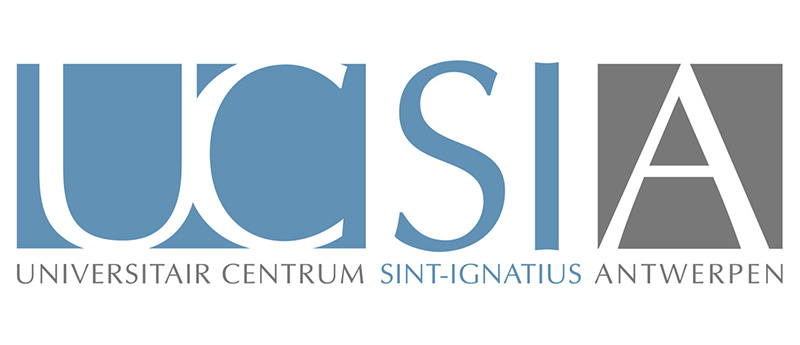
Macro Crisis, Micro Solutions?
On Microfinance as a Lever against Poverty
webinar on 9 February 2021
While the COVID-19 pandemic is especially weakening economies in developing countries, microfinance players are taking action to support their most vulnerable clients. The portfolios of microfinance institutions (‘MFIs’) have a significant share of the informal sector, a predominance of trade/commerce activities and vulnerable clients who have few resources to cushion the impacts of the crisis. They operate in developing countries where state aid is wanting.
The crisis has affected global capital markets and local economies down to the poorest neighbourhoods. Microfinance institutions are under pressure from both sides. The crisis has created significant challenges for both the demand side, low-income borrowers struggling to repay their microloans, and the supply side, providers facing their own funding pressures. Borrowers need relief from debts incurred before the pandemic while lenders are not in a position to give that relief without receiving assistance themselves.
Lockdown has caused a sharp drop in income for microfinance borrowers, who have little in the form of savings. The industry relies to a large extent on social investors, who are struggling themselves today. The pandemic exposes the fragility of that capital structure. While in many countries regulators and central banks take steps to ensure the stability of the traditionally regulated banking systems, MFIs receive less attention, while they play a vital role in the financial lives of poor households.
Microfinance can be a driver of poverty reduction and economic development in response to the health crisis. It provides credit to 140 million people on low incomes across the world, 80% of them women and 65% living in rural areas. MFIs are in the frontline in the global response to the impacts of the pandemic. They are taking action to safeguard their survival and the financial empowerment of all these populations excluded from the traditional banking system.
In this debate, experts Cecile Lapenu (Executive Director of CERISE), Loïc De Cannière (CEO of INCOFIN) and Johan Bastiaensen (Director of the Institute of Development Policy of the University of Antwerp) address following questions:
- How effective is microfinance in the fight against poverty?
- Can it cope with this sort of crisis?
- Does microfinance need to be revisited?
Cecile Lapenu’s presentation
Loïc De Cannière’s presentation
Johan Bastiaensens’ presentation

UCSIA
Koningstraat 2
B-2000 Antwerpen
info@ucsia.be
Tel. +32 (0)3 265 49 60
Voorlopige locatie tijdens de renovatiewerken:
Blindestraat 14, 2000 Antwerpen

